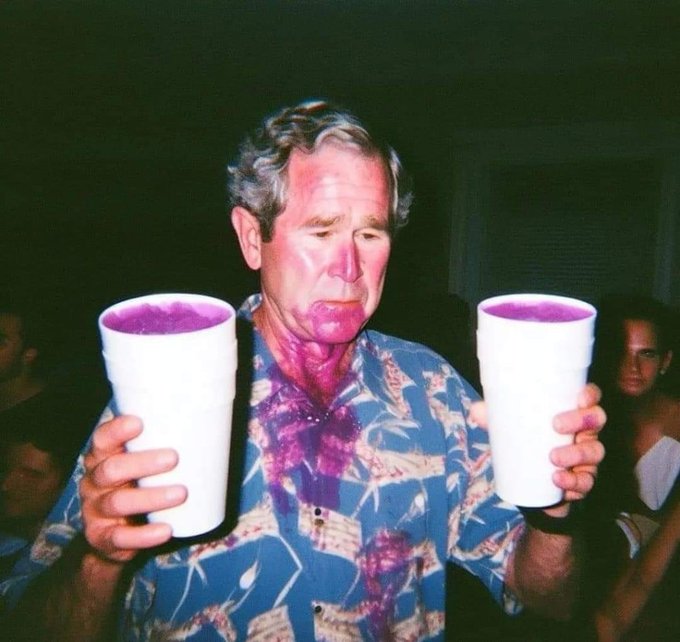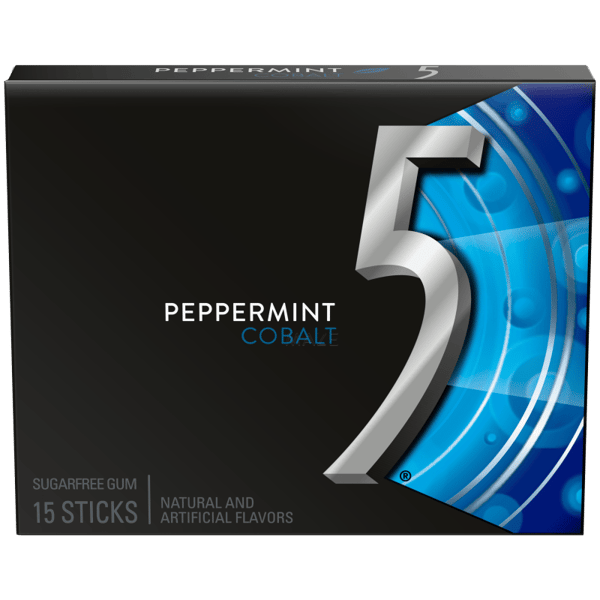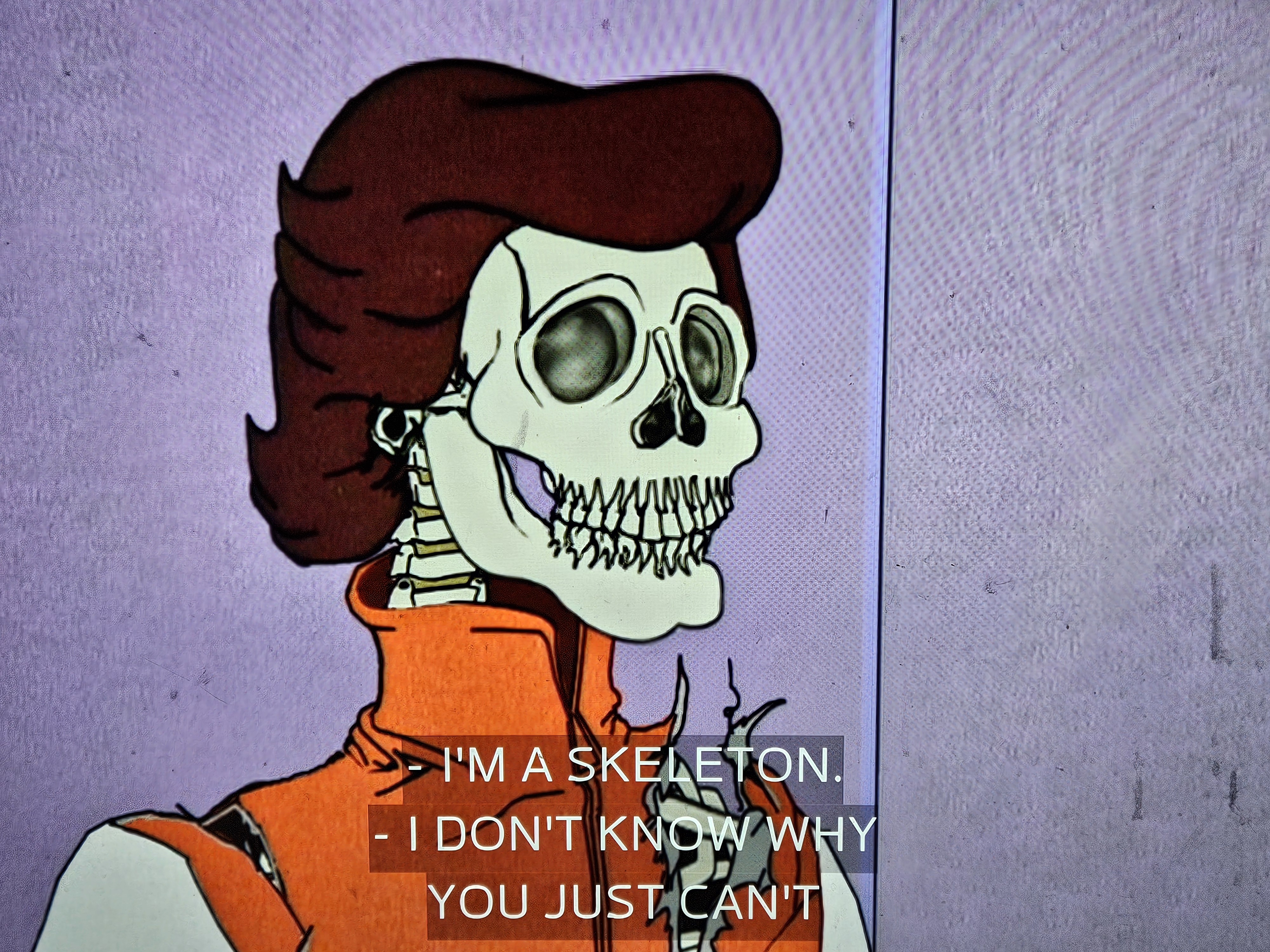She's gonna take your hamberders
No, he's gonna take your hamberders
https://archive.is/556SR

 I did it, folks. I took all the hamburgers, all for me. You can't have them anymore because they're mine now.
I did it, folks. I took all the hamburgers, all for me. You can't have them anymore because they're mine now.the only reason that fuckass two cows analogy has any staying power is that americans are immediately reminded of burger and anything adjacent to it being brought to their mind provides them with enrichment
Bruh, that's the real dystopic American future, not cyberpunk
One day the cheeseburger clan and the twin patty clan (after decades of sectarian conflict between the big Mac clan and the double whopper clan and cuisinally similar clans, they united on the idea of two patties ultimately sandwiched between two buns, regardless of further divisive contents) will set aside their differences to topple the heretical colonial pizza empire; and you know what? I think they may just win.
Leftypol has interesting burgerpunk thread
(CW: Everything, it's leftypol, highly unpredictable too)
https://leftypol.org/siberia/res/529967.html
Bruh, that's the real dystopic American future, not cyberpunk
Burgerpunk is the real dystopian American present.
you can take my hangdurgers from my cold dead greasy fingies

Its like Lenin said: you look for the person who will benefit, and, uh, uh, you know...
🎵 Imagine there's no bourgeois 🎵
🎵 It's easy if you try 🎵
After the raids in 2006, the company needed to replenish its work force fast. Swift executives set up a war room where they posted maps on the walls and circled target cities for recruitment. The company’s H.R. team advertised on the radio and in local newspapers. They bought space on billboards. They sent representatives to job fairs and set up a recruitment station at unemployment offices. But few workers would bite. Finally, Swift started offering free bus service to Cactus from Amarillo. Somali refugees began to apply, and in 2007, after JBS acquired Swift, it stepped up the hiring of refugees to maintain production.
It's surprising that this story actually reveals one of the key problems of industrial agriculture, the vertical integration and monopolization which has grown exponentially since the '80s--particularly through M&As and finance capital buyouts. The working conditions in these plants are often beyond description, and the article only obliquely mentions the latest work hazard: Covid. A family member lived in Sioux Falls, SD during the worst of the pandemic years, and they told me of the panic that spread through the community as workers at the Smithfield plant there got sick and died. It turns out that Covid spreads best in cold, damp conditions, which makes meat processing plants uniquely dangerous. Then there was the spectacle of Donald Trump insisting that the plants stay open during the worst of the pandemic, which resulted in huge spread of Covid outside of the confines of the plants and the predictable deaths of workers from the virus.














